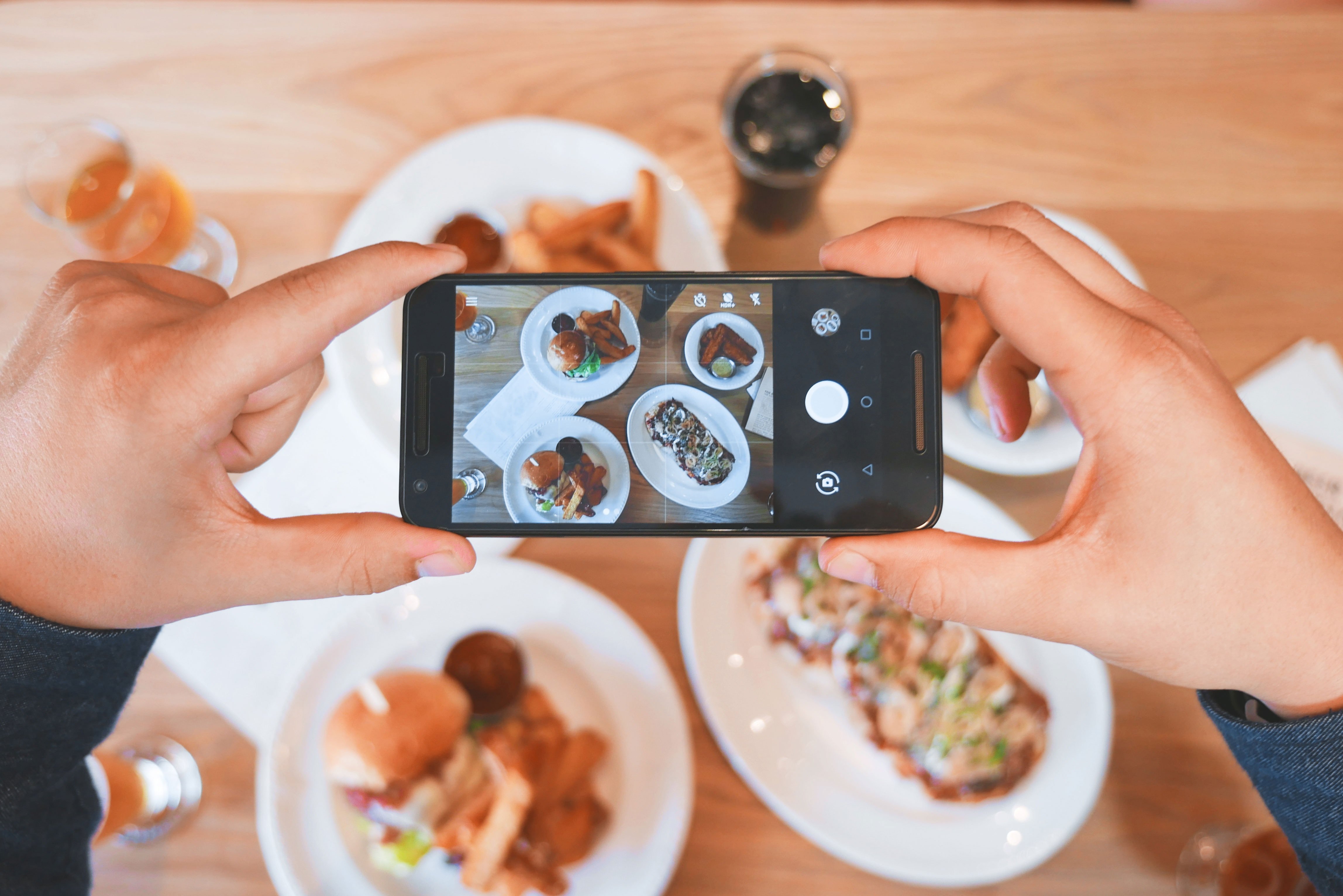Keeping New Year’s Resolutions: Old Suggestions and Some New Ones

It's the new year. And with the new year, comes new year's resolutions. However, we all know that the hardest part about new year's resolutions isn't starting them, but keeping them going. Staying up with your new year's resolutions is, primarily, an exercise in your ability to break old habits and create new ones.
Breaking Old Habits vs. Creating New Ones
There’s a huge difference between these two attitudes. Breaking old habits sounds like it will require force, maybe even violence. If I dare to break the old habit, there are going to be shattered pieces to clean up. It feels like to stop eating the foods that seduce me, or to stop smoking, just might break me. And generally, we use fear of consequences and guilt or shame to break old patterns (“I don’t want to get fat” or “I hate my body when it’s this size” or “I’m such a wimp, I just have to find the willpower to stop smoking”). These are forceful tactics, and sometimes maybe even violent. And I usually end up feeling deprived, agitated and restless.
Creating new habits sounds like an adventure. It might even be fun. Creating anything calls on the best in me, my ingenuity and imagination. When I am creating something new, I feel optimistic, engaged and excited. And generally, we are motivated by excitement and anticipation, curiosity and passion (“I really want to be a size 8” or “I love my body and I want to treat it with respect” or “This is not a contest of wills between wanting to smoke and wanting to quit – I am clear about wanting fresh air in my lungs”). With this approach I usually begin to feel hopeful and eager to proceed.
Of course, the two approaches are intricately related, because one must loosen the attachment to an old habit before the new one has any room to replace it. But things seem to work out better when my emphasis is on creating the new while acknowledging the need to let go of the old. And clarity about what to create is as simple (although it’s certainly not easy) as answering the question, “What experience am I really looking for in my life?” Don't make it a resolution that you "should" want or what other people tell you to want.
How to Emphasize Creating New Patterns
1. Write down the goal(s) and visualize it regularly. Writing and visualizing are effective tools for fulfilling a goal because they fix it firmly in the subconscious, says Stephen Covey, author of "The 7 Habits of Highly Effective People." Write the goal in the present tense, as if you have already accomplished it (“I now weigh 170 pounds” or “I breathe only clean fresh air into my lungs”). Put your written goals in a prominent place where you'll see them frequently, such as on the fridge or your bathroom mirror or on the dashboard of your car.
Most of us need a little help from our friends, as the Beatles’ song says. So be open with those you trust to help you in the way you want to be helped. That probably means praise for successes, not blame for slip ups; encouragement to remember the goal, not reminders of the past; gentle and respectful questions about “How are you doing really?”
2. Make a plan, and make it specific with the new behaviors, a time frame for accomplishing them, and consequences if you do and if you don’t meet the goals. Have rewards that you are working toward, but also have a way that you will need to “pay up” when you don’t. In this way you are betting on yourself, not against yourself. In a 2008 study published in the Journal of the American Medical Association, the most effective weight loss plan was one in which people had to fork over cash if they didn’t meet their goal. Designate a charity to be the recipient of any money forfeited (selecting a cause you do not like increases the motivation to not fail); don’t enter into a competition with a friend because then one wins and one loses.
3. Use hypnosis to age regress to times in your life when you were naturally and easily living the way you want to return to now. Anchor the experience that you value so much. This will strengthen your resolve when faced with temptation to engage in the old ways. Hypnosis can also be helpful in the “breaking old habits” department, too, if you choose to use it that way. Hypnotic suggestions making the old behavior aversive can help in the short run.
4. Take advantage of the impetus of a temporal milestone, like the New Year. People tend to follow through more when making a commitment to behavior change at the beginning of a new week or month, or on a birthday or holiday. The New Year provides the biggest bump in follow through. Why? Researchers at the Wharton School investigated what they call “the fresh start effect.” When we arrive at one of these milestones, it opens up new “mental accounts” that enable us to separate the past from the future. We make a sharp distinction between our past self (who ate too much or smoked or engaged in other self-sabotaging choices) and our current self (who has potentially turned over a new leaf). Big changes happen more easily when we can convince ourselves that the 2015 self is on a whole new path.
5. Make the new behavioral choice fun. As long as you are creating something new, you may as well be inspired and use your imagination. When you are devoted to creating experiences that you most want, that you are really looking for, you will automatically experience delight. Maintain a sense of humor about your resolutions.
6. And when you slip up, or make a poor choice, forgive yourself. If you fall off the wagon, jump back on. When you approach creating new habits with humor, it’s much easier to be gentle with your imperfections.








